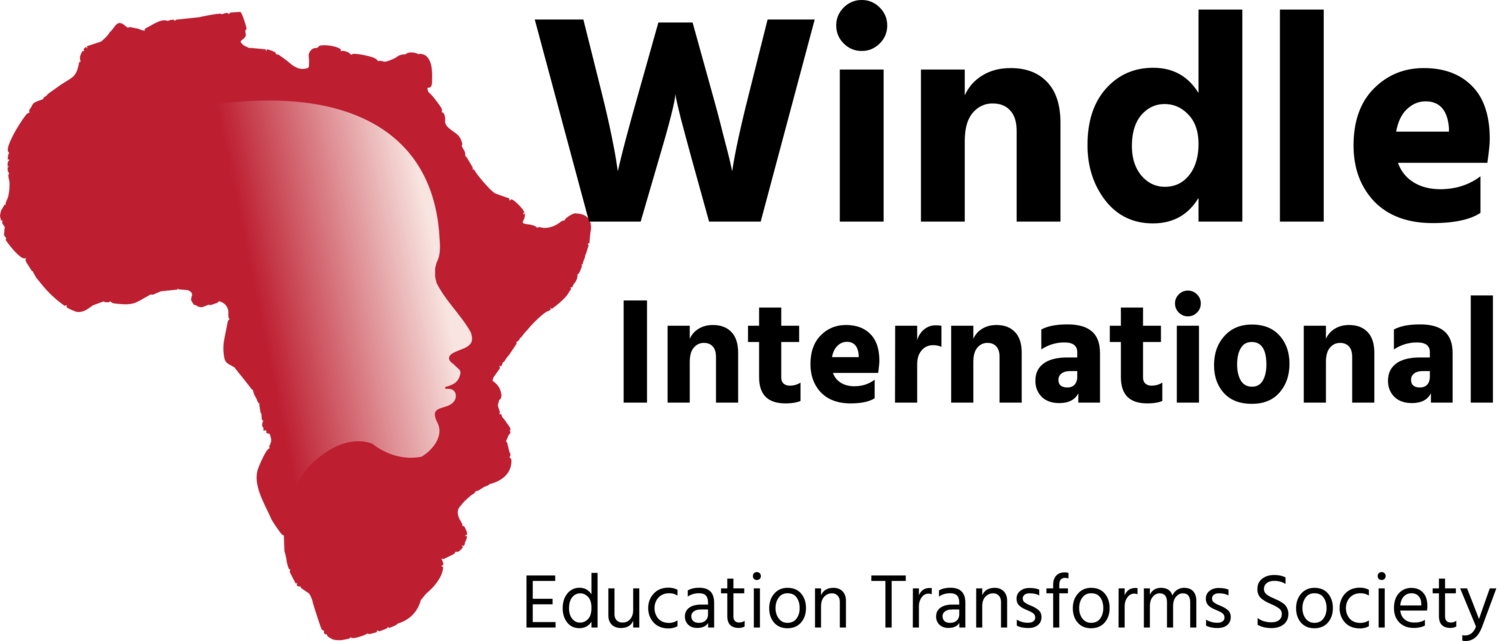Windle poised to provide emergency education in Sudan
As thousands of people flee outbreaks of violence in the Tigray region of Ethiopia and seek refuge in Sudan, the focus from international aid agencies will rightly be on ensuring the very basic of needs are met – shelter, food, water. But we must not forget the importance of keeping children and young people in education, says Windle International CEO Dr Marangu Njogu. If we are going to find a long-term, peaceful solution to conflict in the region, education is the key.
After two weeks of violence between federal and regional forces in the Tigray region of Ethiopia, 4,000 children, women and men are arriving daily in Sudan seeking food, water and shelter. The United Nations Refugee Agency (UNHCR) reports the region to be in crisis, as communication networks are down, banking services halted, and roads are blocked leading to shortages of basic supplies. Launching an emergency appeal, UNHCR is seeking support to help them, the Sudanese authorities and other agencies who are working tirelessly to receive refugees and shelter them.
As this crucial support is provided, we must focus our attention on how to make sure that education – also a basic human right – is not forgotten. Windle member Windle Trust International is preparing to provide emergency education to those arriving in Sudan, which will take the form of emergency education supplies, establishing temporary learning spaces and emergency teacher training, providing psychosocial support training and training parents and teachers associations (PTAs) to get involved in the education of their children as a community in this emergency. A crucial part of this support will include working with children and young people to engage them in peacebuilding, behaviour change and social cohesion activities, such as games and sports, known to enhance social and community cohesion.
“The longer children are out of school, the higher the likelihood they won’t return at all.”
Around the world, only 63% of refugee children are enrolled in primary schools, 24% at secondary level and 3% in higher education. And yet the need for it has never been greater, particularly for refugees and those who have experienced conflict, providing them not just with knowledge, but hope that a brighter future is possible, and the skills to work towards making that future a reality.
Dr Marangu Njogu warns that the long-term implications for education attainment are serious for children who have already had their education disrupted by Covid-19 school closures, and who now find themselves in temporary settlements.
“The longer children are out of school, the higher the likelihood that they won’t return at all,” he says. “This is particularly serious for girls, where early marriage and increased household responsibilities, for example, mean they are even less likely to return, having serious consequences for whole communities and societies.”
This has devastating affects not just for individuals, but for wider communities and society. A recent report from Save the Children found that before the outbreak, 258 million children and adolescents were already out of school. A Vulnerability Index in the report shows that in 12 countries, mainly in West and Central Africa but also including Yemen and Afghanistan, children are at extremely high risk of not returning to school after the lockdowns lift – especially girls.
For children and young people who are refugees and from the communities that host them, education is a means of protection against forced recruitment into armed groups, child labour, sexual exploitation and child marriage. It strengthens community resilience, and empowers communities affected by conflict by giving them the knowledge and skills to live productive, fulfilling and independent lives. Education enables people to play an active role in decisions that affect them, and for many students, education paves the way for careers forging more peaceful societies in their countries of origin.
For example, over 90% of the postgraduate scholarship students that Windle has supported over the past ten years have returned to Africa and are pursuing careers in public health, international development, public policy and other humanitarian and development roles that are directly contributing to building more peaceful societies that are sustained for the long term.
"Making sure that education continues despite ongoing conflict is, of course, a huge challenge," says Dr Njogu. "But it's crucial that we do continue to provide education in emergency situations, and to support people to fulfil their academic potential, and, in many cases, go on to contribute to the creation of more peaceful societies."
If you’d like to find out more about how we provide quality education for refugees, host communities and conflict-affected communities across the eastern Africa region, sign up to receive our newsletter here.
Please consider supporting our work by donating here.
